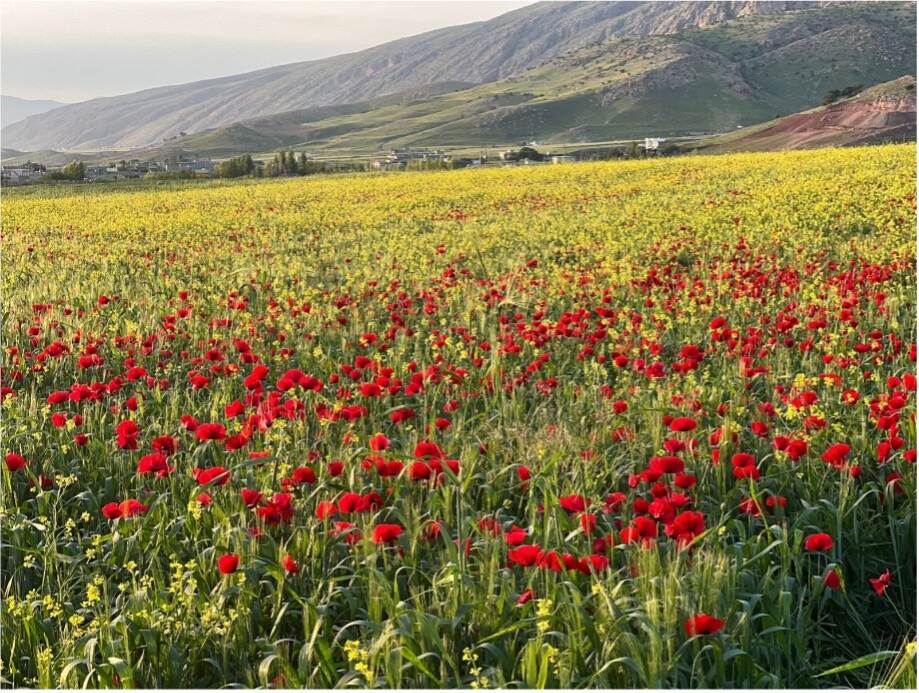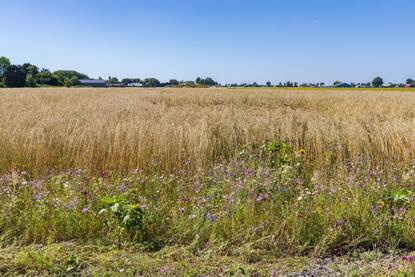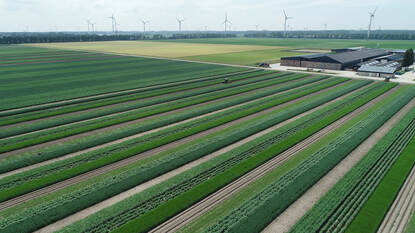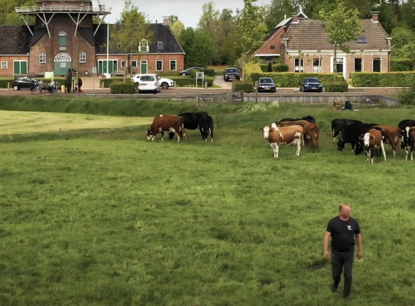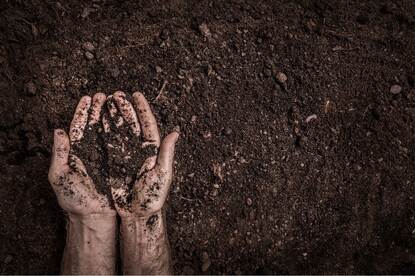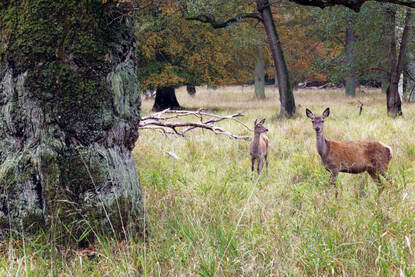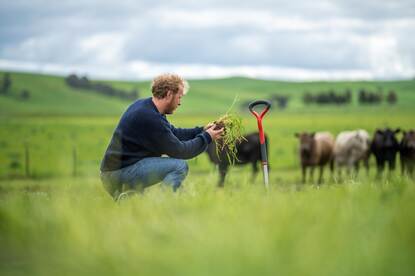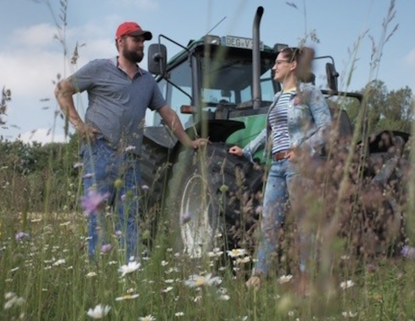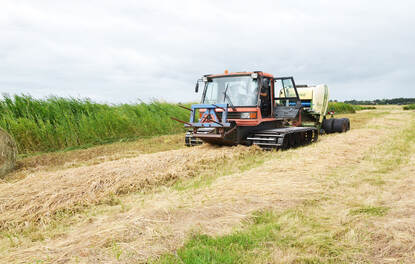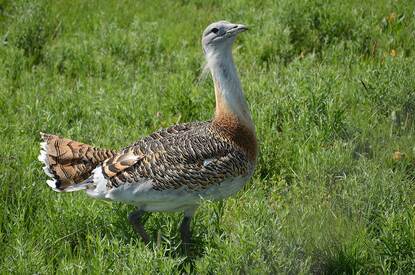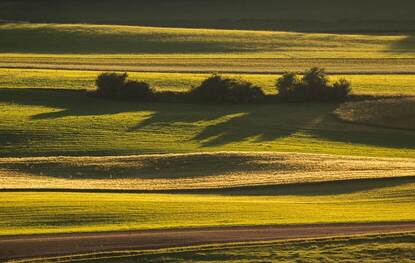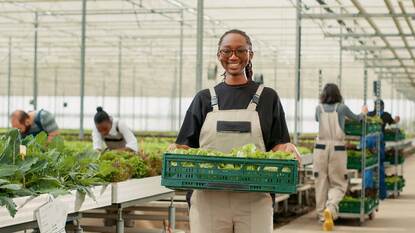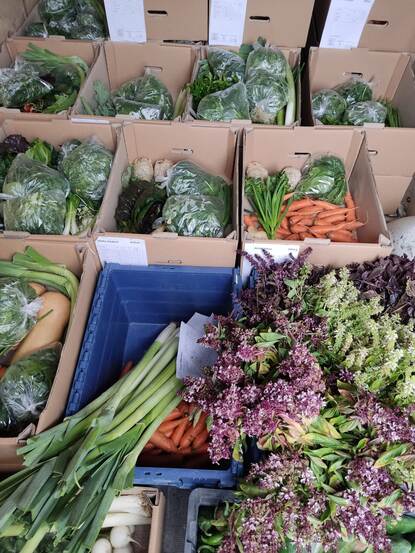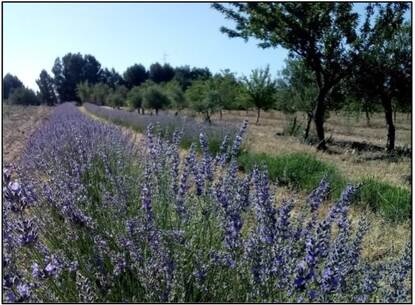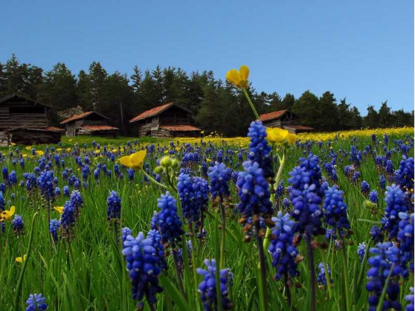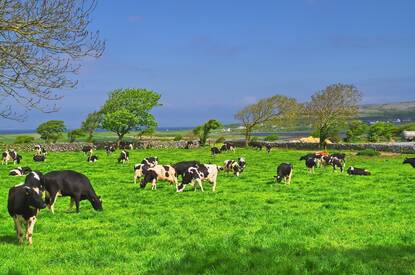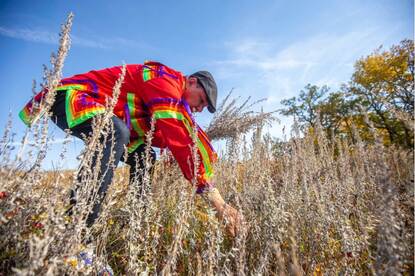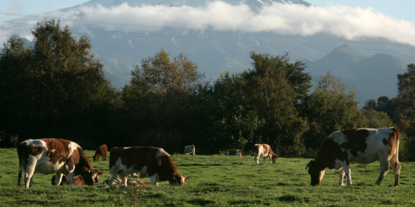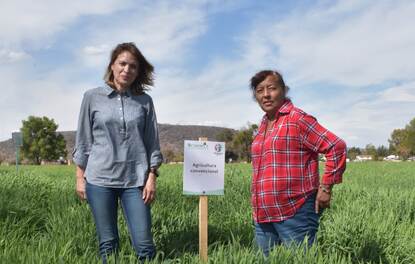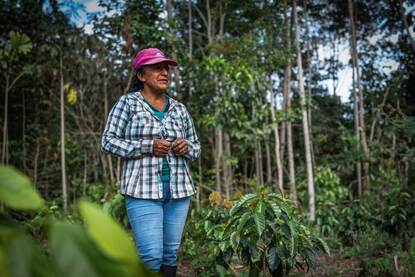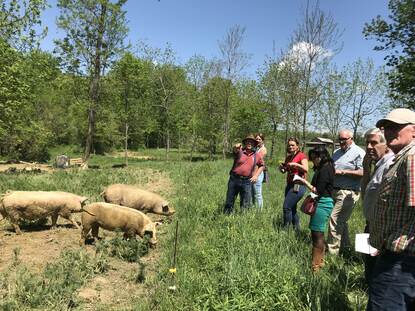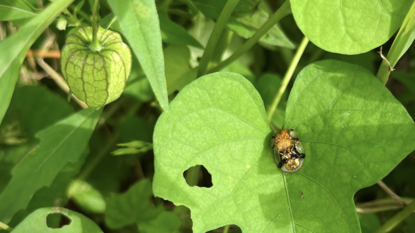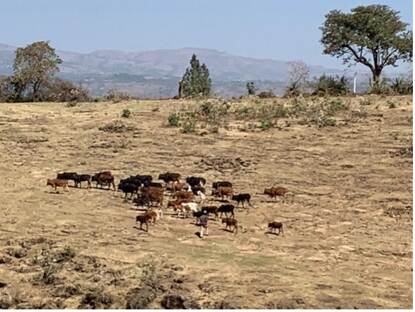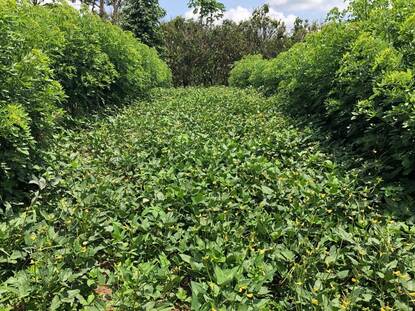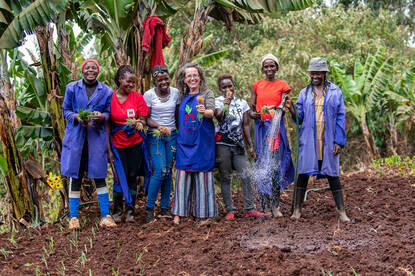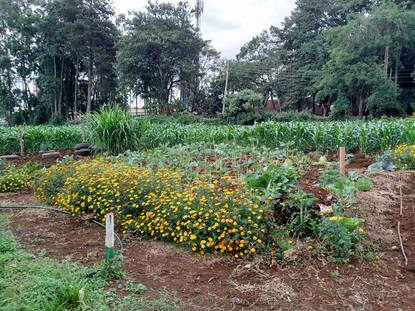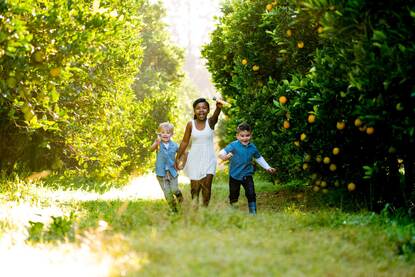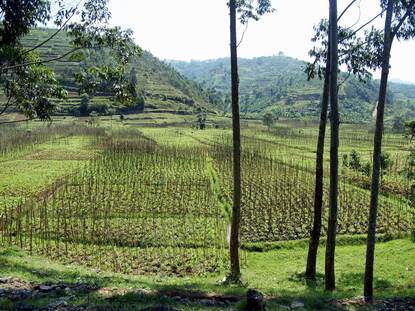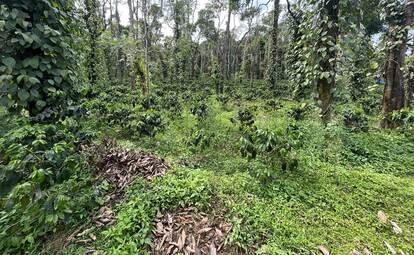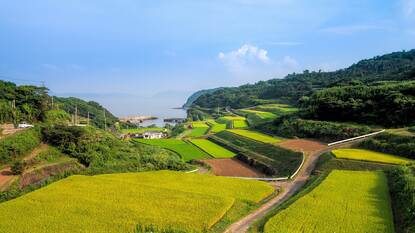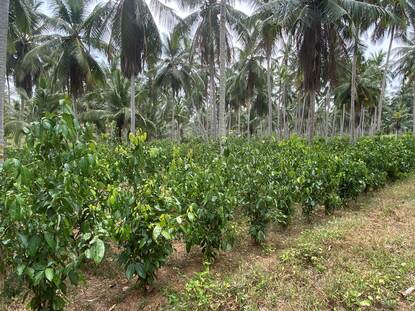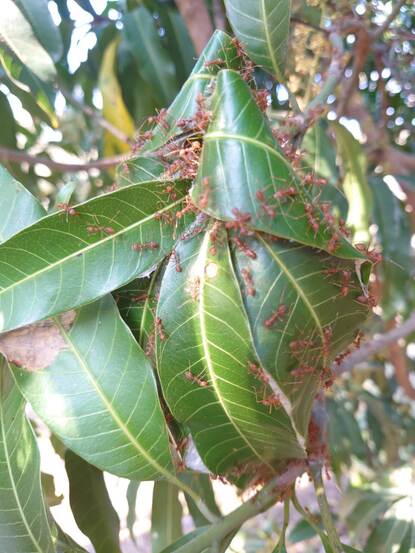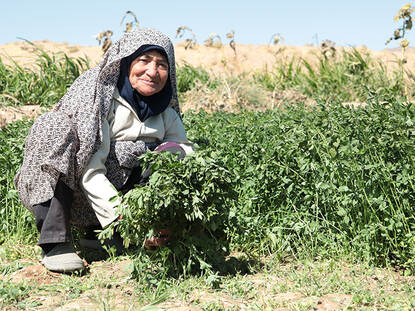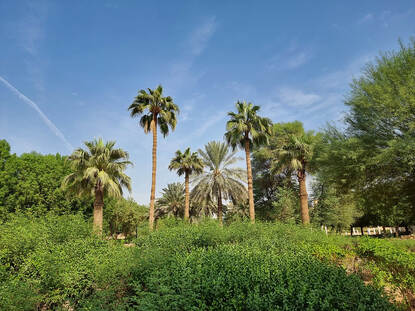Foto Hushang Hamad
Nature-inclusive agriculture in Iraq is providing opportunities to help sustain Iraqi ecosystems and achieve long-term food security as well as to support crop rotation, water and soil management, agroforestry and integrated pest management. Areas that companies from the Netherlands are experts in.
In the old Sumerian language Iraq’s Mesopotamia means the land between two rivers. It also used to be referred to as the Garden of Eden. Its fertile soils provided for a wide range of agricultural products. In those days, agriculture was still close to nature. Of course, the population was much smaller then.
Today, the agricultural sector in Iraq must feed over 40 million people and is facing numerous challenges, including water scarcity and soil degradation. Natural and human activities are threatening its rich biodiversity such as drought, pollution, and habitat loss. Conventional agriculture has come to rely heavily on synthetic chemical pesticides. To the point that water sources are becoming polluted, but also that knowledge on exploiting nature’s mechanisms for disease control are lost.
Although the government in Iraq has not developed specific policies of farming practices for the conservation of the ecosystems and long term food security, there are several initiatives that promote nature-inclusive agriculture.
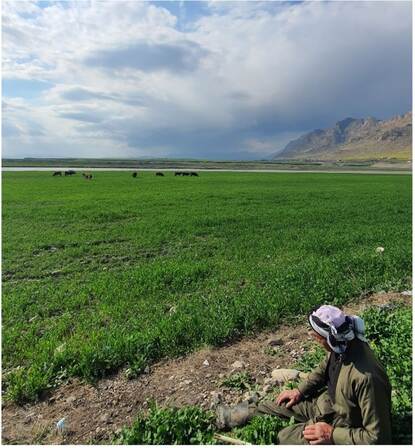
Integrated pest management
One such initiative is the five-year project on potato value chain development in Duhok, in the north of the Kurdistan Region of Iraq with focus on integrated pest management (IPM). The project, which is funded by the Netherlands government, offers trainings on the value of IPM for potato cultivation and post-harvest activities for students and extension workers. The training starts with pest diagnostic capabilities and knowledge of the natural environment of the crops and insects.
The project closely collaborates with the Kurdistan Region Ministry of Agriculture & Water Resources (MoAWR), the University of Duhok and the private sector. CABI is the center of excellence for IPM in this project. CABI and Duhok university raise awareness and build the capacity of the farmers and the agriculture extension staff of public and private sectors.
IPM combines biological, cultural, physical, and chemical control methods to manage pests and diseases. By knowing and using nature, a farmer can seek to balance crop production on the one hand and conservation of soil life and water quality on the other. However, the implementation of IPM by Iraqi farmers is limited. They lack awareness and understanding of IPM principles and have limited access to IPM inputs such as biofertilizers and biopesticides.
Read more in this article: Potato Processing Factory Inauguration Ceremony
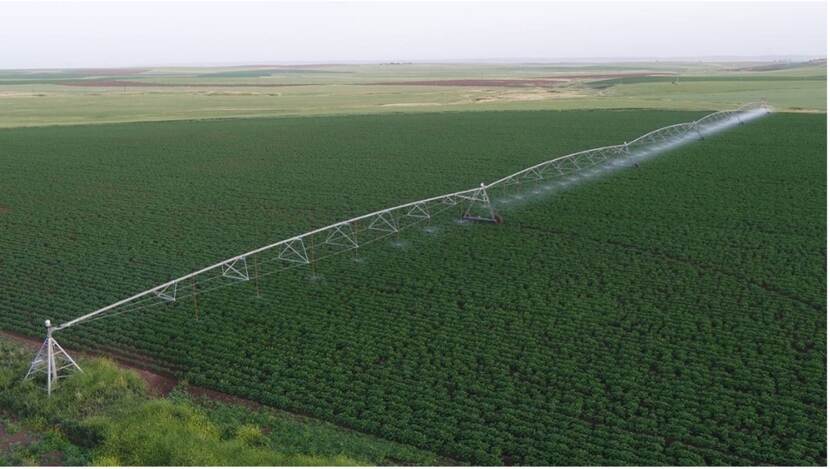
Regeneration of the Iraqi Marshlands
The Iraqi Marshlands, also known as the Mesopotamian Marshes, are a vast wetland ecosystem located in southern Iraq. These marshlands are home to unique flora and fauna, provide for freshwater fisheries and accommodate for livestock, fruit and grain production. Buffalos enjoy the wetlands and graze the abundant and nutritious greens. Raising buffalos is still a main source of livelihood for many residents in the area.
However, large parts of the wetlands have lost their water and vegetation. In the 1990s, they suffered considerable damage from the former Iraqi regime’s which envisioned conversion of this land. In addition, droughts, upstream dam construction, oil exploration and drainage for agriculture had a dramatical impact.
Since 2003, Iraq’s government, local communities and some international organizations have joined hands to restore this marshland ecosystem and its nature inclusive agricultural systems. The area has since slowly recovered and was declared as a World Heritage Site by UNESCO.
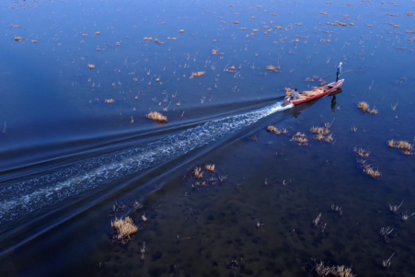
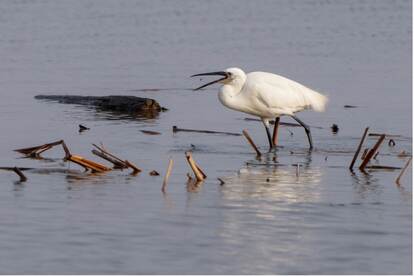
Mesopotamia Revitalization Project
Date palm and fruit tree-based agroforestry systems are traditionally nature-inclusive. After all, trees are elemental in enhancing the micro-climate, soil fertility and biodiversity. Unfortunately, many trees were lost due to drought or were cut down because there were not enough new young farmers left to work their parents’ farms.
To regain its century old cultural heritage and rebuild the economy, the Iraqi Presidency, as part of the Mesopotamia Revitalization Project, has initiated the Garden of Eden reforestation program. It aims to replant palm and citrus trees in southern and western Iraq and local tree and fruit species in the Kurdistan Region.
The initial goal is to plant 20 to 30 million palm trees within two years, followed by a long-term goal of planting one billion trees across Iraq by 2030, hence creating the infrastructure for generating agricultural products such as dates, citrus, and vegetables.
Also, the Prime Minister of Iraq has announced a grand afforestation initiative, which includes planting five million trees and palm trees in all governorates of Iraq.
‘Today, the agricultural sector in Iraq must feed over 40 million people and is facing numerous challenges, including water scarcity and soil degradation’
Opportunities for Dutch companies
The wish to transform to more nature-inclusive agricultural practices is creating opportunities for collaborations between the Netherlands and Iraq. They allow Dutch companies to provide expertise in sustainable agricultural practices such as crop rotation, climate smart agriculture, water and soil management, agroforestry and IPM. Furthermore, there is a need in Iraq for resistant seed varieties, biofertilizers and biopesticides.
More opportunities arise in the whole value chain towards food safety. The MoAWR, for instance, prioritizes the substitution of imported fruits and vegetables with local produce. Yet, it turns out that consumers have concerns about chemical residues on local food. For that reason, Dutch companies can also provide knowledge and technology in labelling, food quality controls and marketing.
Contact
Would you like to know more about the current developments in the domain of agriculture and nature in Iraq or contact the agricultural team at the Netherlands Consulate-General in Erbil, Iraq?
You can visit the country page of Iraq at the website agroberichtenbuitenland.nl of the Netherlands ministry of Agriculture, Nature and Food Quality. You can also send an email to ERB-lnv@minbuza.nl
